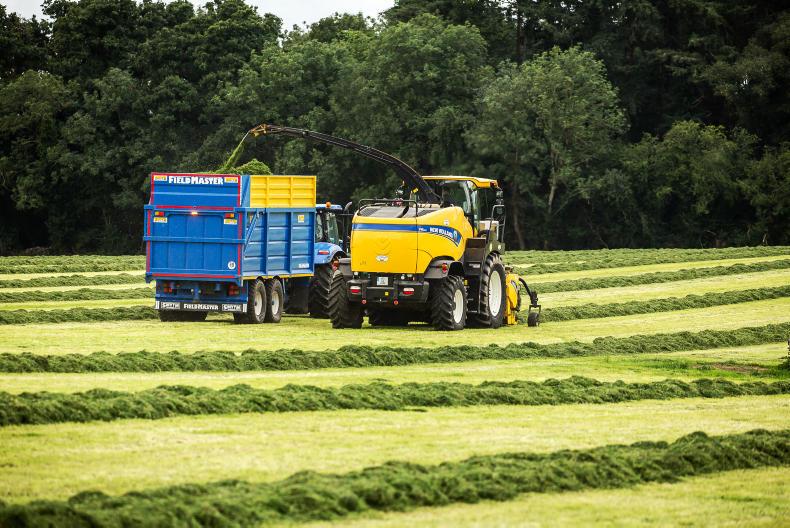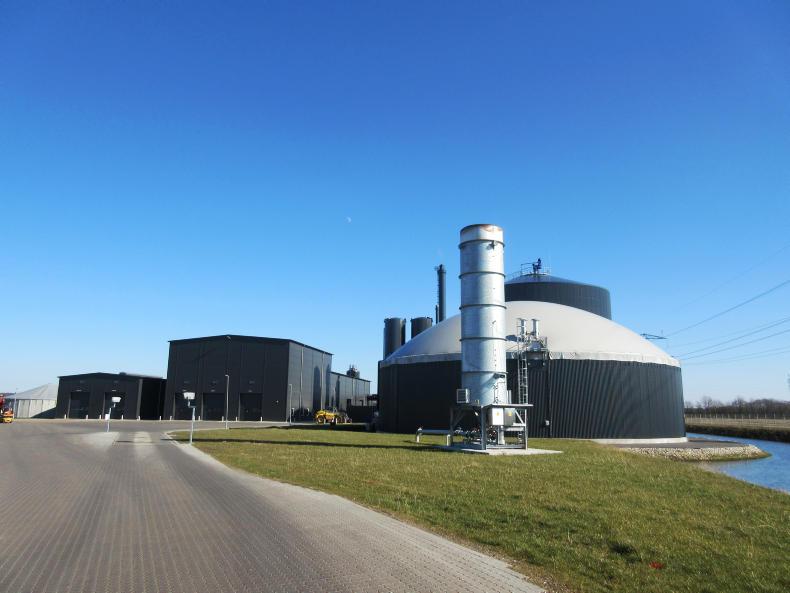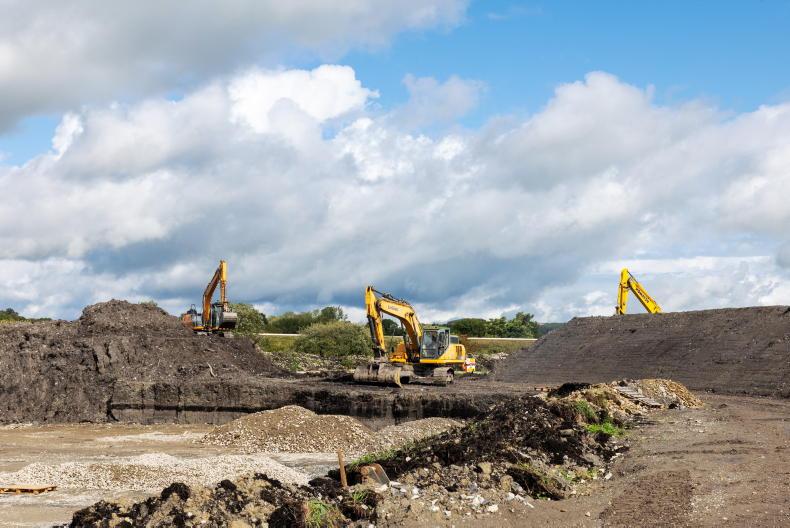Renewable gas production from anaerobic digestion (AD) plants is environmentally sustainable, reduces greenhouse gasses, improves water and air quality, and enhances biodiversity through soil regeneration.
This is according to a recent statement from the Renewable Gas Forum of Ireland (RGFI) which said that AD biomethane is globally accepted for its sustainability attributes.
Over the past 30 years, over 17,500 AD plants have been developed across Europe. There are around 60 plants in operation in Northern Ireland. Momentum is now building for the development of Ireland’s biomethane industry.
Planning
However, AD plants require rigorous planning and consultation with all stakeholders.
PJ McCarthy, CEO of RGFI said: “Through the forum we advocate thorough and robust Environmental Impact Assessments and Natura Impact Assessments for developers seeking planning consents.

Our grass-based system is a distinct advantage when it comes to developing a renewable biomethane industry.
“The planning process for an AD biomethane plant should apply best practice in carrying out appropriate assessments as well as pre-planning consultations with all local stakeholders to ensure a fully transparent and consultative approach to any proposed plant development and operational phase,” he said.
Emissions
The EU Recovery Plan specifically contains a proposal to support anaerobic digestion to reduce methane emissions in agriculture. Furthermore biomethane has been recognised as a key enabler in CAP Reform and the EU Green Deal’s Farm to Fork Strategy.
Ireland has the potential to be a leader in renewable gas (biomethane) production.
McKinsey & Co, consultants to the Irish Government have recently placed AD biomethane in the top 25 recommendations to reduce carbon emissions in agriculture, at a cost of €85/t of CO2 abated.
The McKinsey figures which are in line with the 2019 KPMG integrated Business Case for Biomethane in Ireland, show an overall positive benefit-cost ratio of 1.26 through to 2050, for producing biomethane from agricultural feedstocks.
Renewable gas production from anaerobic digestion (AD) plants is environmentally sustainable, reduces greenhouse gasses, improves water and air quality, and enhances biodiversity through soil regeneration.
This is according to a recent statement from the Renewable Gas Forum of Ireland (RGFI) which said that AD biomethane is globally accepted for its sustainability attributes.
Over the past 30 years, over 17,500 AD plants have been developed across Europe. There are around 60 plants in operation in Northern Ireland. Momentum is now building for the development of Ireland’s biomethane industry.
Planning
However, AD plants require rigorous planning and consultation with all stakeholders.
PJ McCarthy, CEO of RGFI said: “Through the forum we advocate thorough and robust Environmental Impact Assessments and Natura Impact Assessments for developers seeking planning consents.

Our grass-based system is a distinct advantage when it comes to developing a renewable biomethane industry.
“The planning process for an AD biomethane plant should apply best practice in carrying out appropriate assessments as well as pre-planning consultations with all local stakeholders to ensure a fully transparent and consultative approach to any proposed plant development and operational phase,” he said.
Emissions
The EU Recovery Plan specifically contains a proposal to support anaerobic digestion to reduce methane emissions in agriculture. Furthermore biomethane has been recognised as a key enabler in CAP Reform and the EU Green Deal’s Farm to Fork Strategy.
Ireland has the potential to be a leader in renewable gas (biomethane) production.
McKinsey & Co, consultants to the Irish Government have recently placed AD biomethane in the top 25 recommendations to reduce carbon emissions in agriculture, at a cost of €85/t of CO2 abated.
The McKinsey figures which are in line with the 2019 KPMG integrated Business Case for Biomethane in Ireland, show an overall positive benefit-cost ratio of 1.26 through to 2050, for producing biomethane from agricultural feedstocks.











SHARING OPTIONS